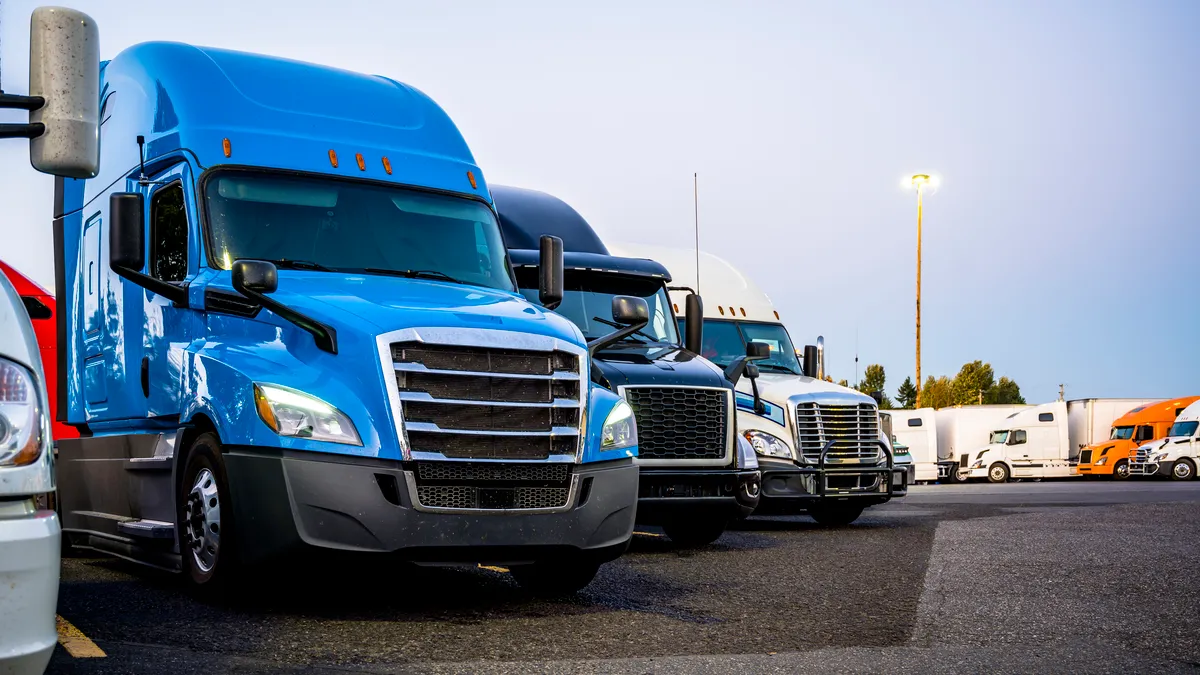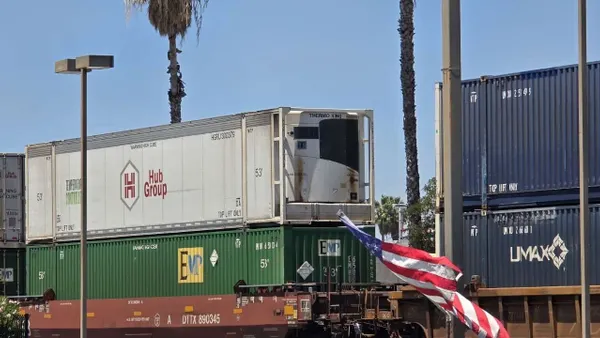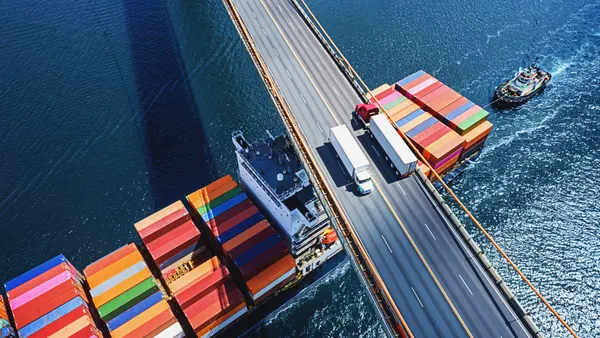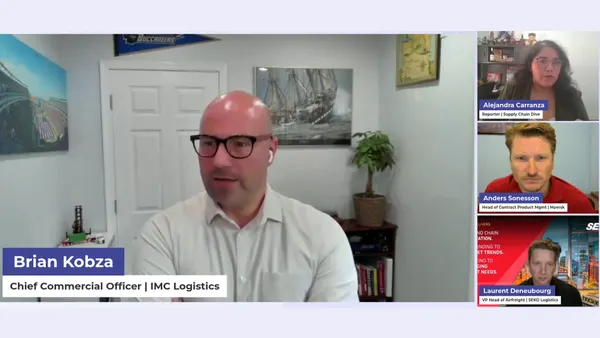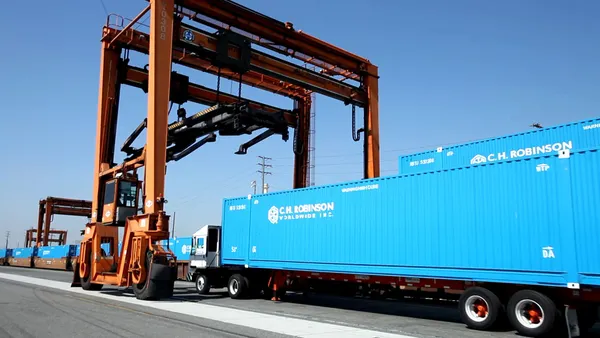Motor carriers and truck drivers can share their predatory towing horror stories and even rank the top 10 states where they encountered the issue last year in a new survey.
The 14-question survey, Quantifying Industry Impacts from Predatory Towing, will provide the American Transportation Research Institute with anecdotes and statistics to inform possible solutions, such as new towing regulations.
ATRI defines predatory towing as any incident in which “a tow truck operator egregiously overcharges, illegally seizes, damages by use of improper equipment, or withholds release of a truck and/or cargo.”
“We all know that predatory towing is an issue, yet until now there has been no robust analysis on how, when, and where it happens or the impact of legislation designed to regulate these predatory practices,” Shawn Brown, VP of safety at TL carrier Cargo Transporters, said in a statement. “By participating in ATRI’s data-driven research, carriers will be helping to answer these questions and outline solutions.”
The survey asks fleets about the types of predatory towing they most frequently confront, the fees or delays they consider predatory, and the cost of their highest towing bill. Respondents may participate in a follow-up round of questions to help ATRI quantify the frequency and effects of each predatory tow.
All data will be kept confidential, and respondents will receive the final report with results presented in an aggregated, non-identifying format. The survey is open until Dec. 23, ATRI President and COO Rebecca Brewster said in an email.
“We’ve had a great response thus far – lots of interest in this topic!” Brewster said.
Some states have passed policy aimed at fixing the issue. A predatory towing bill supported by the Maryland Motor Truck Association became law in that state without Gov. Larry Hogan’s signature, with the rules going into effect in October. Among other requirements, towers on the State Police rotation must file their maximum rates for police-initiated tows, which the agency must make public.
If ignored, predatory towing even threatens to become a municipal liability. The city of Chicago, which has developed a reputation for schemes costing trucking companies tens of thousands of dollars, was hit with a class action suit over the issue in 2019. The suit was delayed after the city’s lawyers challenged the class action status of the plaintiffs in January 2021, LandLine reported.



